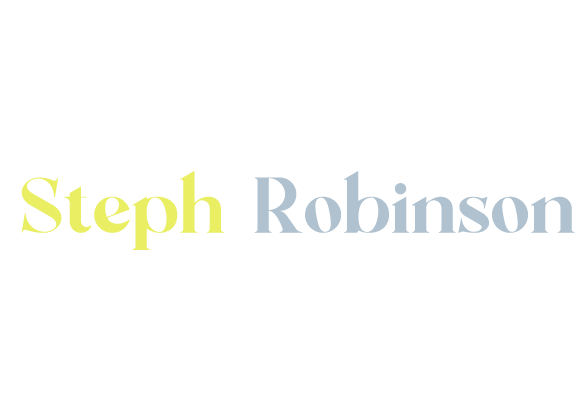So, you want to do community development?
We want to make a difference. Here are a few steps to help you evaluate if this is a proper place for you to be, or if you need to do some more ground work before you end up helping with community development in the context you are working in.
1.) What are your qualifications?
Qualifications can come in many ways when considering development work. First, you must be aware of yourself enough to know where your limitations lie and where your qualifications and strengths are. Here are some questions I encourage you to asses.
1.) Are you a member of the community you want to help?
2.) If you are not a member of that community, what has provoked you to work within the confines of that community?
3.) Have you been trained, formally or informally, on anything the community has said it would like to know?
4.) Do you have a collaborative vision with the people of the community based on your qualifications?
2.) Who do you know?
If you are a member of the community you want to help, you are at an advantage. Yo know people is to know the community. No initiative or project is going to work without the input of the community. Furthermore, who wants some rando coming into their community and telling them how or what to do? I would say that this question requires some serious reflection. Look, I am not above reproach in this situation. For years, I thought I was "helping" people that simply never asked for my help. But, the good news is that there is a way for us outsiders to help. Its called taking a backseat and learning from insiders to support their vision. So, I ask, who do you know? If you can't, with real certainty, tell me about several community members and what they need and want and desire, then I think you know what your next step is. Get to know the people. They might already have the resources you think they lack and could teach you a thing or two in the process.
3.) Consider the long-term game.
What is your long term game? Many people start things out and have no follow through. The goal of community development, especially as an outsider, is to help people take charge of their own communities. This does not always require staying in one community for your entire life. However, you should be willing to do this if this is what you want to start. People's lives are not to be toyed with or played with. People aren't less than you just because you assess their situation as "poor" or "underdeveloped." Before you start anything, I encourage you to make sure you are ready and able to accept what the long-term game could look like.
4.) Assess your commitment.
When my husband and I were starting our organization, Konbit Haiti, our mentors told us a popular phrase they use: "You have to count the cost." Prior to that time, I thought I had counted the cost. I'd already been working in Haiti and the Dominican Republic for 4 years, and I knew what it was like to get sick, to be scared... what else could they mean? Turns out, they meant a lot more. Running a community development project is a kick to the chest. You must consistently be ok with not being right, with apologizing, with going back to learn more. Often times, you are on call to the project. You put in all kinds of hours and put other things on hold for the sake of the community and their goals. You have to, as best you can, make sure there is no more prep work to do before you actually "start." Getting to know the community is the groundwork that translates into development. Committing through training, giving up your talents, and more . . . that's where the hard work of development comes in.
I am confident we can all grow and learn as we lean into the field of community development. There is not a sure-fire way to make sure you aren't making mistakes. However, there is a whole lot we can do to make sure the people we work with and the communities we serve feel like they are empowered to talk with us about what we can grow in and what we are doing wrong...and maybe even correctly. ;)
If you feel ready to go and need more help, reach out here for my consulting services.
